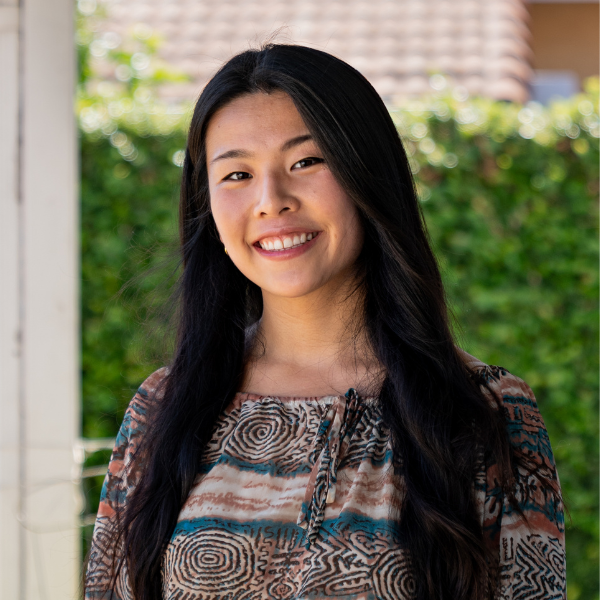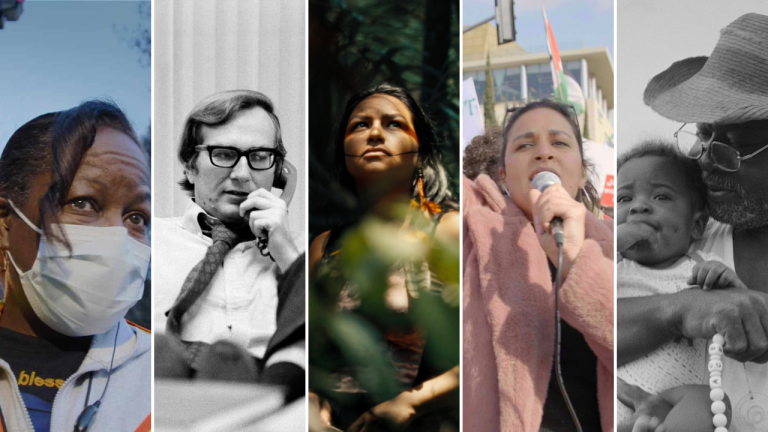
On June 10th, 2025, BGDM packed the house at theTribeca Film Festival’s AT&T Spring Studios', with Real Talk: Surviving as a Working Creative, a powerful panel that delivered exactly what it promised: unfiltered truth, practical tools, and hard-earned wisdom.
Our brilliant panelists–Princess A. Hairston, Tamarra Campbell, and Michèle Stephenson–dove deep into one of the most pressing questions facing independent storytellers today: How do you sustain a creative career amidst industry upheaval and financial uncertainty?
Moderated by Kitty Hu, BGDM’s Advocacy and Talent Programs manager, the panel opened with a grounding exercise and the powerful words of Chicano Movement photographer Luis Garza.
“The necessity to keep the divisions amongst the vast majority of people is not unintended. It is a tactic. It is a way and means of maintaining that control system…[And so as artists], you’ve got to find a way through. That is the work we did and will continue to do. We’re giving a handshake to the future.”
The conversation challenged the myth that working artists can thrive financially on creative work alone. Panelists from the BGDM community shared honest insights about building multifaceted careers—combining filmmaking, teaching, consulting, grant writing, and even real estate. Tamarra described how her producing skills translated into grant writing or freelance consulting, unlocking new income streams. Princess spoke about entering real estate and designing educational resources to help creatives generate steady income and long-term wealth.
We addressed the chilling effect of the reversals in DEI initiatives and the shrinking of public media funding, alongside the existing distribution crisis in the industry. Yet, panelists emphasized resilience, exploring how to work creatively within constraints or to even see those constraints as opportunities, such as embracing longitudinal storytelling.
Michèle reflected on the reciprocal creative energy she found through teaching, while Tamara clarified the critical difference between mentors, who advise and support, and sponsors, who advocate for your name in rooms you’re not yet in.
“A mentor is that person who is going to give you the knowledge, that advice, and guide you, sometimes even a little bit like a life coach. A sponsor is that person who’s in a room I’m not in, saying, ‘You should talk to Tamara. You should meet her. Let me connect you. You two should connect.’ That sponsor is repping me like nobody else. Again, in a room completely closed [off] to me that I cannot enter, they’re in that room working that space on my behalf.”
By the time we hit Q&A, audience members were visibly emotional. The panel had struck a nerve and opened a door. Our intention with this conversation was to offer both a sense of power over your own career path and actionable tools to build sustainability into the foundation of creative work.


.png)


.png?resize=768x0)

